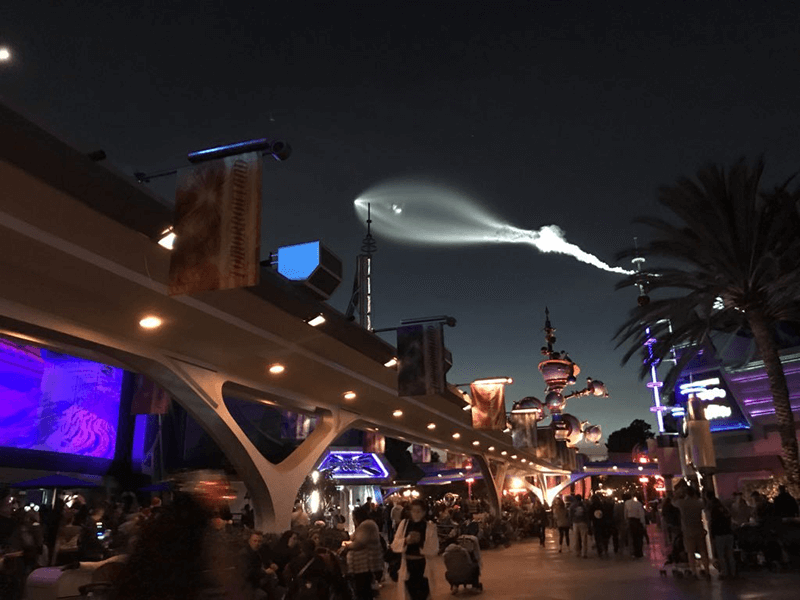Last month the United States Space Force, the newly created sixth branch of the United States Armed Forces, had to reschedule a planned launch of a GPS III satellite as a precautionary measure to prevent the spread of COVID-19. In March, three individuals assigned to the Space Force in Colorado were diagnosed with the highly infectious novel coronavirus – and the service is trying to avoid the mass breakouts that impacted several U.S. Navy warships, most notably the USS Theodore Roosevelt, which had to return to port in Guam to deal with the spread of COVID-19 among its crew.
In response to the coronavirus, the Department of the Air Force is working to identify and provide support to the nation’s space industrial base. This includes assessing sectors that have been most impacted by the pandemic. The Space Force Acquisition Council will hold an “out of cycle” meeting in the coming weeks to focus on actions that can help shore up the aerospace industry, and at the same time, create an environment to allow companies in need to compete fairly in the event that supplemental federal relief funds become available.
“Our space industrial base is critical to our military and economy,” said Dr. Will Roper, assistant secretary of the Air Force for Acquisition, Technology and Logistics and U.S. Space Force Service Acquisition executive.
“The Space Force Acquisition Council held an emergency session to synchronize our response to fragile supply chains, at-risk workforces, and receding commercial markets and we’ll continue to work with the Department of Defense and Congress to get additional help,” added Roper.
To date, the council has directed a comprehensive survey that will go out to space industrial base sectors including members and non-members of the Space Enterprise Consortium, as well as several federally funded research and development centers (FFRDCs), along with pertinent think tanks.
Industrial Base Priorities
The survey focused on three distinct priorities for the industrial base.
This included issues with the supply chain, the cleared workforce, and the markets that are now under distress; the real bills that have passed as the result of the COVID-19 outbreak, as well as the goal of minimizing the existing program schedule risks; and the stimulus efforts, including those directed at small space vehicles, micro-electronics, and other key areas for long-term sustainment.
“Assured access to space, coupled with a strong space industrial base are fundamental to our national security,” said Dr. Christopher Scolese, National Reconnaissance Office (NRO) director. “The National Reconnaissance Office is committed to working with the Space Acquisition Council and with the U.S. Space Force to ensure the stability of the space sector.”
The Space Acquisition Council measures follow a number of actions already taken by the Pentagon to support businesses. In California, that included deeming businesses that manufacture satellites, launch vehicles and other critical equipment remain open as “essential businesses” during the coronavirus outbreak.
The Department of the Air Force also recognized that major suppliers as well as prime contractors have been impacted by the pandemic. A more immediate concern is that that many tier three and tier four supplies and vendors, along with small companies in the small launch, commercial satellite communications and micro-electronic sectors are those that could risk shuttering their doors.
“The COVID crisis must not undermine critical space industries,” said Gen. Jay Raymond, U.S. Space Force Chief of Space Operations. “Given the threat to space capabilities posed by potential adversaries, we need to ensure the U.S. space industrial base remains strong – the best in the world at developing national security space systems.”
Members of the Space Acquisition Council include: Gen. John Raymond, chief of space operations and commander of U.S. Space Command; Shon Manasco, performing the duties of undersecretary of the Air Force; Stephen Kitay, deputy assistant secretary of defense for space policy; Derek Tournear, director of the Space Development Agency; Christopher Scolese, director of the National Reconnaissance Office; Lt. Gen. John Thompson, commander of the Space and Missile Systems Center; and Shawn Barnes, who performs the duties of the office of the assistant secretary of the Air Force for space acquisition and integration.




